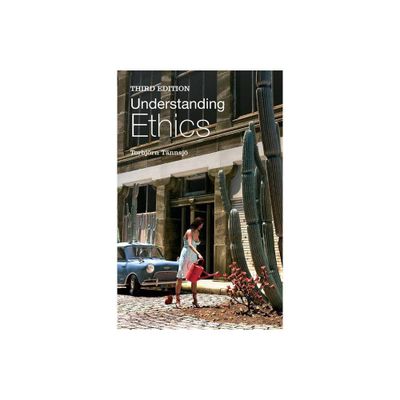Home
Improvement of the Understanding, Ethics and Correspondence
Loading Inventory...
Barnes and Noble
Improvement of the Understanding, Ethics and Correspondence
Current price: $21.99


Barnes and Noble
Improvement of the Understanding, Ethics and Correspondence
Current price: $21.99
Loading Inventory...
Size: OS
*Product Information may vary - to confirm product availability, pricing, and additional information please contact Barnes and Noble
Most writers on the emotions and on human conduct... attribute human infirmities and fickleness, not to the power of nature in general, but to some mysterious flaw in the nature of man... -from Ethics Considered a rationalist in the ranks of Descartes and Leibniz, Benedict De Spinoza was so unorthodox in his philosophies that his writings, published in 1678 just after his death, were immediately banned in his homeland of Holland. The spreading influencing of his thinking could not be stopped, however, and Spinoza overarching contention-that human happiness could be achieved only through a reasoned understanding of the universe-remains provocative and significant today. This collection, translated from Latin by R.H.M. Elwes and published in 1901, brings together Spinoza's best known work, Ethics, in which he postulates that God and Nature constitute one deterministic system, a single divine machine, in which humans are a vital part; his treatise "On the Improvement of the Understanding," in which he discusses the very nature of the mind itself; and a selection of his correspondence that elucidates his reasoning. AUTHOR BIO: BENEDICT DE SPINOZA (1632-1677) was born in Amsterdam to a prosperous merchant family. He also wrote A Treatise on the Emendation of the Intellect, which he never completed, and A Short Treatise on God, Man, and His Well-Being.


















